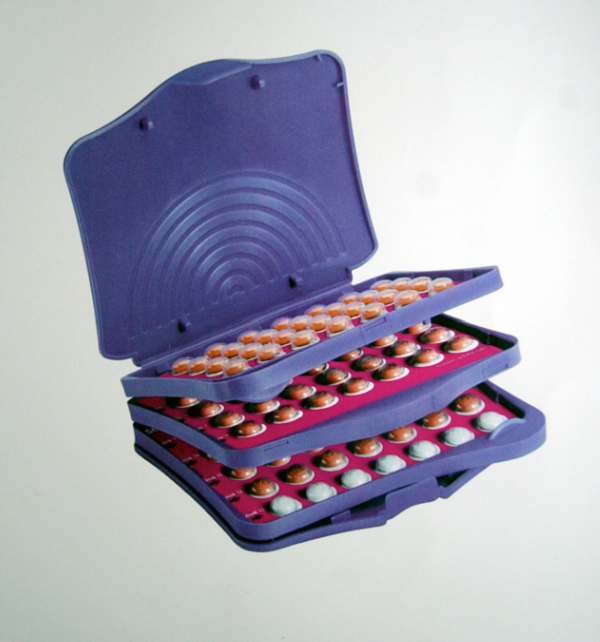Birth Control Pill Benefits: New Study Says Hormonal Contraception May Repair Lung Damage And Ease Influenza Symptoms

Birth control pills may give women protection from more than just pregnancy – it could potentially help regulate influenza symptoms and help repair damaged lungs more quickly.
Researchers from the John Hopkins Bloomberg School of Public Health conducted a study on the female sex hormone progesterone, a hormone that’s contained in most forms of birth control, in lab mice. During the trial, researchers found progesterone prevented some of the worst effects of influenza infections in mice, and it also sped up the rate in which damaged lungs heal by producing an increased amount of amphiregulin, a protein that helps defend the cells lining the lungs from severe effects of the flu.
In their publication of the study, featured in PLOS Pathogens medical journal, the doctors claimed their research suggests sex hormones can be beneficial for more than just reproduction and said that progesterone could potentially become a viable solution for treating women infected with the flu.
According to Sabra Klein, the study leader and associate professor at Johns Hopkins Bloomberg's molecular microbiology and immunology department, the next phase of the study is to examine how progesterone increases amphiregulin concentration.
“We really want to understand from a therapeutic sense how this could potentially work in humans to keep women from experiencing complications from the flu,” Klein explained.
Over the years there have been studies performed showcasing the positives that come from using birth control aside from preventing pregnancy like protection against pelvic inflammatory disease, treating endometriosis and even reducing the odds of women developing certain forms of cancer.
In a report tracking contraceptive use in women 15-44 years old in the U.S., the Centers for Disease Control said that 25.9 percent of women were using birth control pills between 2011 and 2013.
© Copyright IBTimes 2024. All rights reserved.






















